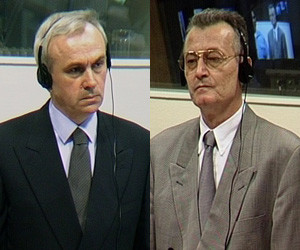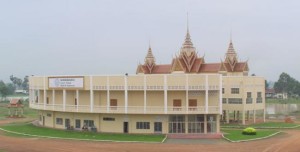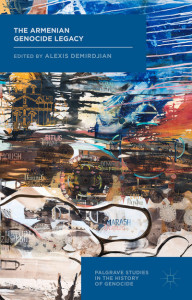by Vani Sathisan*
 The world observes Human Rights Day on 10 December to mark the momentous strides in international human rights law since the adoption of the Universal Declaration of Human Rights (UDHR) in 1948. In Myanmar, recent political changes have been both momentous and transformative. Nonetheless, what was proclaimed by the UDHR as the “equal and inalienable rights of all members of the human family”, continue to be infringed upon by the arbitrary and highly subjective interpretation and application of laws, some of them dating back to British colonial times.
The world observes Human Rights Day on 10 December to mark the momentous strides in international human rights law since the adoption of the Universal Declaration of Human Rights (UDHR) in 1948. In Myanmar, recent political changes have been both momentous and transformative. Nonetheless, what was proclaimed by the UDHR as the “equal and inalienable rights of all members of the human family”, continue to be infringed upon by the arbitrary and highly subjective interpretation and application of laws, some of them dating back to British colonial times.
Successive governments in Myanmar have used overly broad or vaguely defined laws to curtail freedom of expression that is protected under international law. They often invoke the justification, typically inappropriately, of protecting national security, or to prevent public disorder or avoid outraging the religious feelings of a class. None of these efforts have served or can serve to address or respond to sectarian and religious violence.
On behalf of the International Commission of Jurists (ICJ), I have observed trials of those arrested and detained on criminal defamation charges for their Facebook posts that allegedly defame either the Tatmadaw or a political leader. One of the laws used to charge the accused is the Penal Code, first drafted in 1860.
The ICJ released a briefing paper last month highlighting how the enforcement of Myanmar’s defamation laws can result in violations of a number of international laws and standards protecting human rights, and also have an overall chilling effect on the freedom of opinion and expression and freedom of assembly in the country. Continue reading








